Mona Partner Since 2021
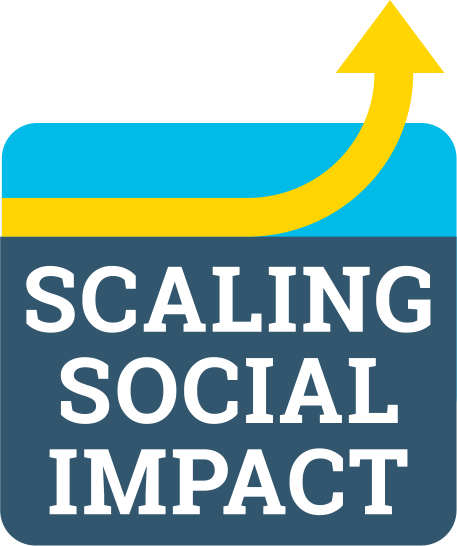
Based in Ahmedabad, India, Educational Initiatives (Ei) is a pioneering education company with a a social mission and a strong research and assessment focus that is transforming how teachers teach and how students learn. Its internationally recognized Mindspark software--an AI-driven personalized adaptive learning platform--tailors instruction in literacy and numeracy to each child’s level and gives teachers actionable insights to guide their instruction. Several blind studies of Mindspark, including one conducted by MIT JPAL research center shows 2-3X gains in students' learning outcome relative to control schools.
Ei collaborates with governments, nonprofits, and corporate sponsors to bring Mindspark to low-income schools, currently implemented in India, South Africa, Zambia, and Cambodia—reaching more than 310,000 students.
Learning is in crisis. Even though many children are enrolled in school, they aren't learning basic skills. According to the "State of Global Learning Poverty: 2022 Update" report -- jointly published by the World Bank, UNICEF, UNESCO, the UK FCDO, USAID, and the Bill & Melinda Gates Foundation -- 70% of 10-year-olds in low- and middle-income countries are unable to read and understand a simple story. Such "learning poverty" reflects weaknesses in education systems — inadequate teacher training, lack of materials, large class sizes, language barriers, and inequities in access.
Ei-Mindspark's personalized adaptive learning platform assesses the initial learning level of every student and uses AI to dynamically customize lessons to match their pace and progress. The platform blends tailored questions, activities, stories, and games so students not only catch up but excel and gain deep conceptual understanding.
What distinguishes Mindspark from other educational platforms?
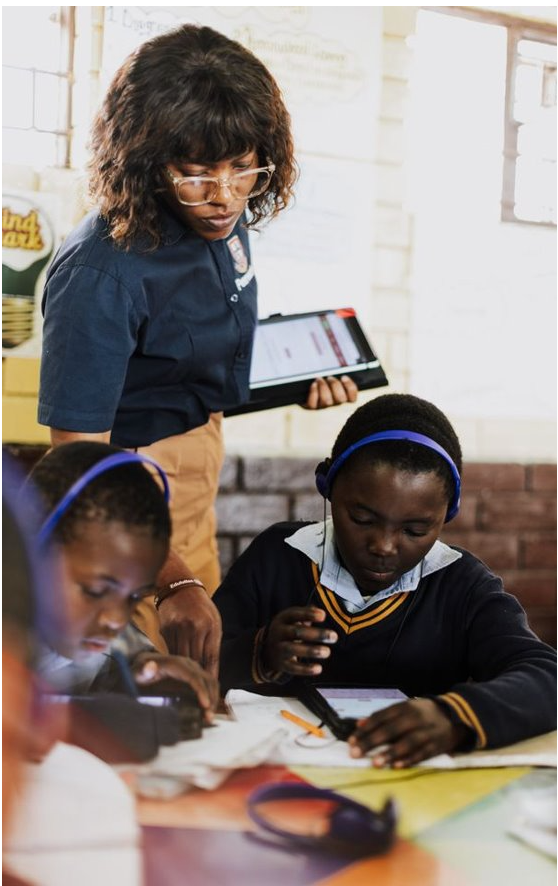
How Integrating Ei-Mindspark in Classrooms Improves Student Learning
A conversation with Pranav Kothari, CEO of Education Initiatives, Paul Flowerman, Chairman Emeritus of PLT,
and Mahnaz Javid, President of Mona Foundation
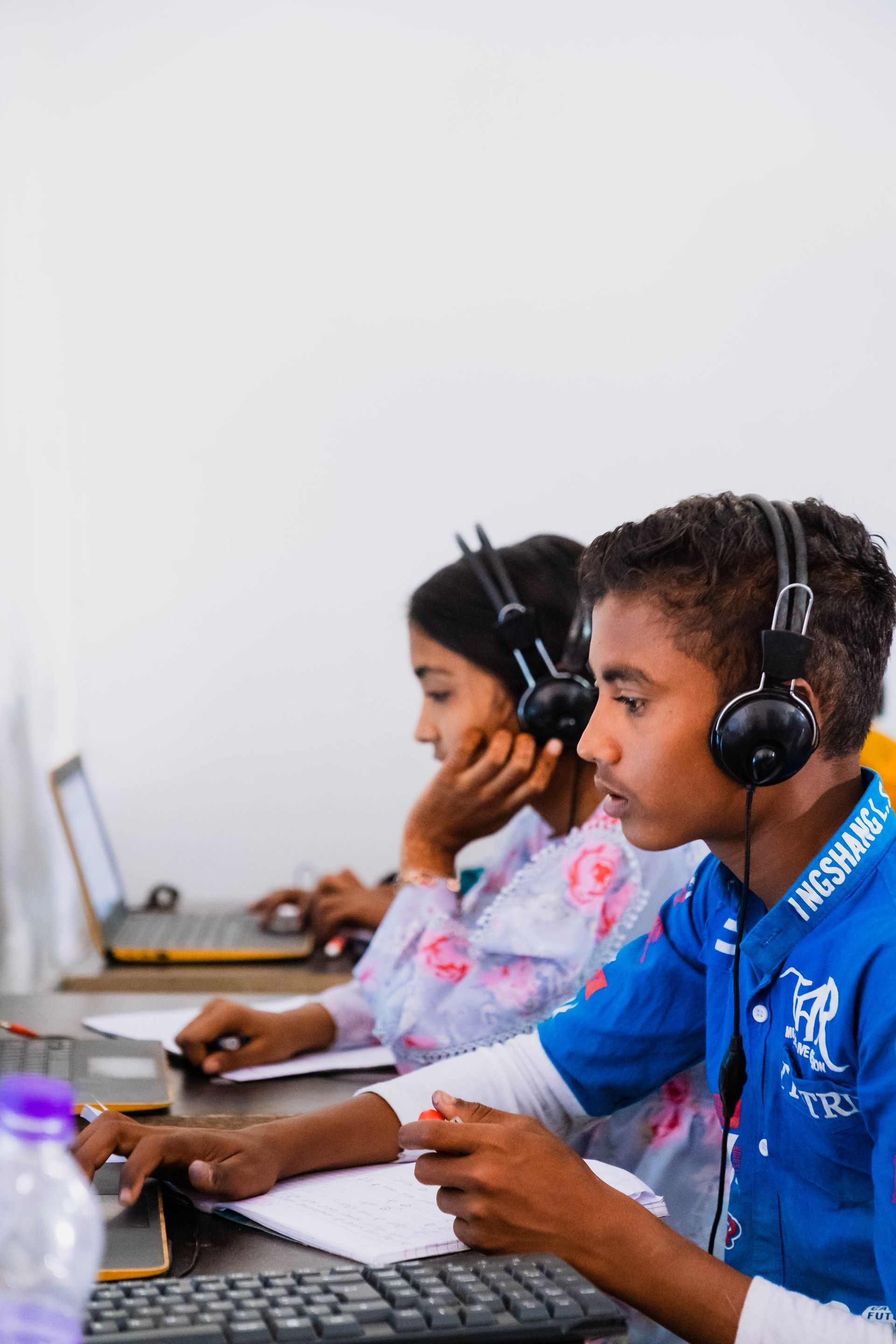
Confronting India’s Learning Crisis
India’s education system continues to face deep-rooted challenges. Despite near-universal enrollment, millions of children struggle with basic literacy and numeracy. Classrooms often emphasize memorization for board exams, leaving little space for conceptual understanding, problem-solving, or critical thinking. According to the Programme for International Student Assessment (PISA), a global benchmark that evaluates how well 15-year-olds apply knowledge and skills in reading, math, and science, India ranked 73rd out of 74 countries, underscoring how rote-driven learning has hindered student outcomes. These systemic issues highlight the urgent need for reforms that shift the focus from memorization to meaningful learning.
Transforming Learning at Scale
In India, Ei is working at the heart of systemic reform to ensure children learn with true understanding rather than rote memorization. Through its social impact arm, Ei partners with state governments, boards, and schools across 17 states to reform assessment systems, build teacher capacity, and integrate Mindspark into government schools.
Personalized Solutions for Hundreds of Thousands of Learners
At the same time, Ei is directly supporting over 500,000 students nationwide, with 300,000+ learners across 13 states using Mindspark in classrooms and reporting 2–5x learning gains in independent evaluations. Its adaptability across languages, offline environments, and low-resource settings has enabled governments in states such as Himachal Pradesh, Karnataka, and Telangana to scale its use, reaching tens of thousands of students each year. At scale, Mindspark is helping India’s most underserved learners access the skills they need to thrive in a changing world.
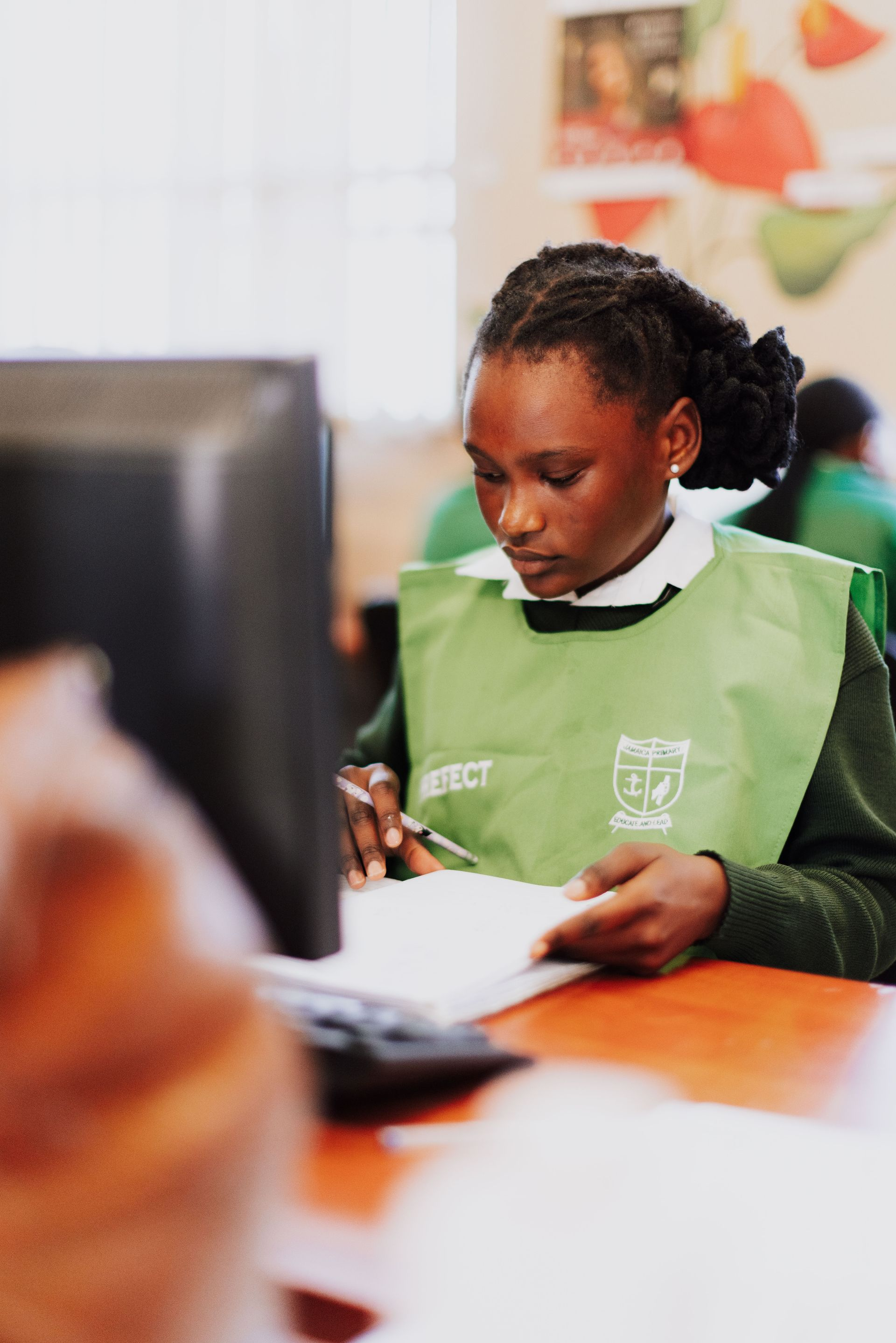
The Challenge
Despite significant investment, South Africa's educational outcomes, particularly in mathematics and literacy, remain alarmingly low. According to the 2023 Trends in International Mathematics and Science Study (TIMSS), South African Grade 5 learners ranked last out of 65 countries. Decades of edtech interventions have failed to deliver systemic improvements, largely due to contextual barriers and a "notable dearth of evidence" on their impact and scalability.
Mindspark Pilot in Western Cape: 2021-2025
In 2021, Ei collaborated with EduTech (distributor), and JET Education Services (implementing partner), with supporting partners PLT Health and Mona Foundation to pilot Mindspark at 6 primary schools in Western Cape, involving 30 teachers and 1,400 students in Grades 5 & 6 Math classes. By 2023, the pilot had received high praise from the Western Cape Education Department. As of 2025, Mindspark is continuing to improve learning outcomes and expanded to include Grade 7 & 8 math students, a total of 3,300 students.
Preparing to Scale: 2026-2027
Building on these successes, a two-year Randomized Control Trial (RCT) is now being funded to measure Mindspark's effectiveness across the full spectrum of schools as a critical step toward enabling government adoption and scaling edtech solutions across South Africa and Zambia. The RCT will involve 150,00 students in South African and Zambian public primary schools.
The trial is a a collaborative effort with the South African Department of Basic Education (DBE) and is led by IDinsight, a global leader in rigorous impact evaluations. The implementing partners for the trial will be Edunova and Edulution.
Need: $3,000,000 to fund the RCT
Study cost per learner: $122 ($61 per year)
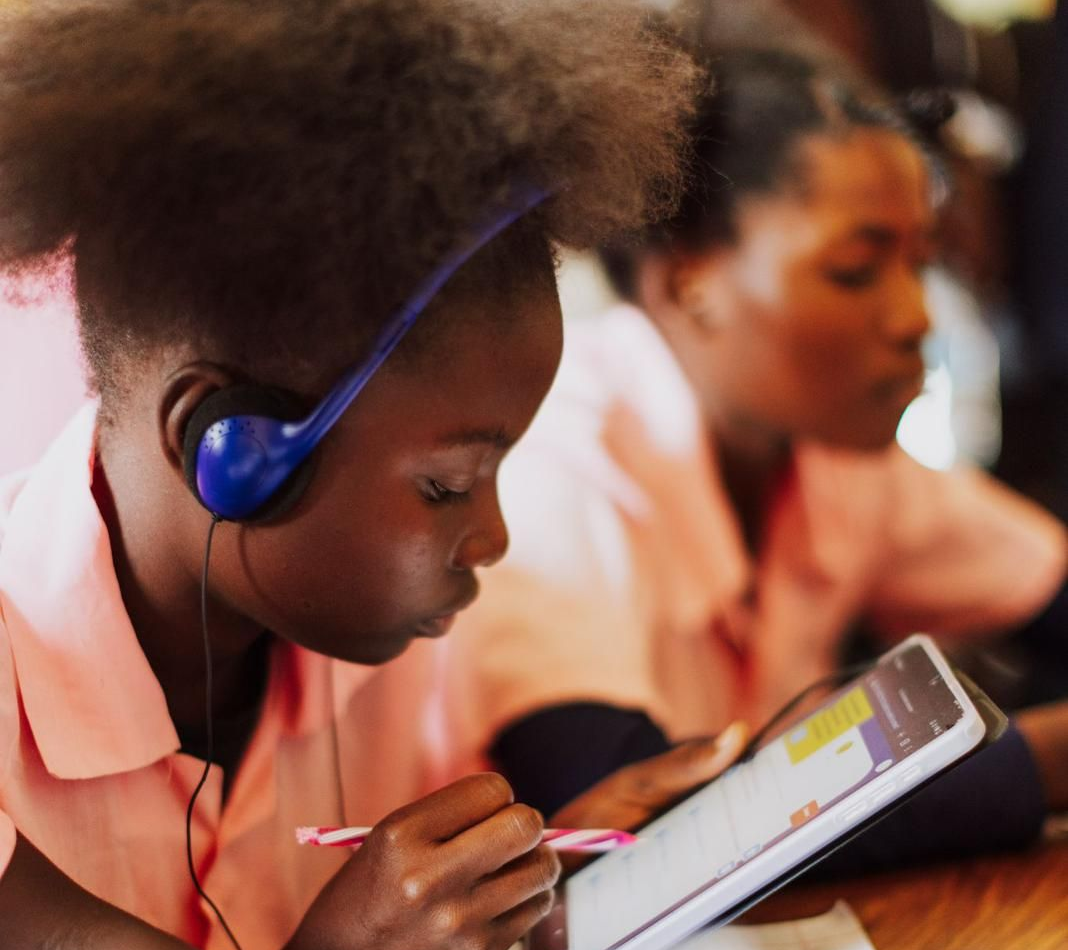
The Challenge
In 2023, only 16% of Zambian Grade 7 students reached or exceeded the minimum proficiency level in mathematics. National education budgets fall far short of school needs, resulting in overcrowded classrooms, limited materials, and too few qualified math teachers. These systemic gaps contribute to high youth unemployment. Improving equity and access is essential to close the educational disparities that hold African students back.
Mindspark Pilot
In the 2024-2025 school year, Mindspark was implemented in 15 government schools reaching 6,000 students, delivered through local EdTech partners who integrate the program directly into school classrooms. As in other countries, the focus is on building teacher capacity and demonstrating how adaptive, personalized learning can accelerate progress in foundational literacy and numeracy. With strong collaboration from schools, communities, and the Ministry of Education, Zambia represents another step in scaling Mindspark’s impact across Africa. In the pilot 56% of learners moved up by at least one grade level, translating to approximately 0.78 additional years of schooling per student, based on the average improvement seen in the intervention.
Preparing to Scale: 2026-2027
Building on this success, a two-year Randomized Control Trial (RCT) is now being funded to measure Mindspark's effectiveness across the full spectrum of schools as a critical step toward enabling government adoption and scaling edtech solutions in South Africa and Zambia. The RCT will involve 150,000 students in South African and Zambian public primary schools.
The trial is a a collaborative effort with the South African Department of Basic Education (DBE) and is led by IDinsight, a global leader in rigorous impact evaluations. The implementing partners for the trial will be Edunova and Edulution.
Need: $3,000,000 to fund the RCT
Study cost per learner: $122 ($61 per year)
In 2025, Ei collaborators in Cambodia began piloting Mindspark across five schools in Phnom Penh serving students in Grades K–6. The program has a target enrollment of 1,519 learners, including 162 kindergarten students. Schools have committed to using Mindspark for two sessions per week.
The pilot aims not only to improve learning outcomes but also to demonstrate how Mindspark can be integrated into Cambodia’s education system. This initial phase is designed to pave the way for significant expansion, including translation of the curriculum into Khmer and scaling to reach 10,000 students with support from foundations and other partners. Teachers and principals have expressed strong enthusiasm, seeing Mindspark as a meaningful step toward preparing Cambodian students for the future.
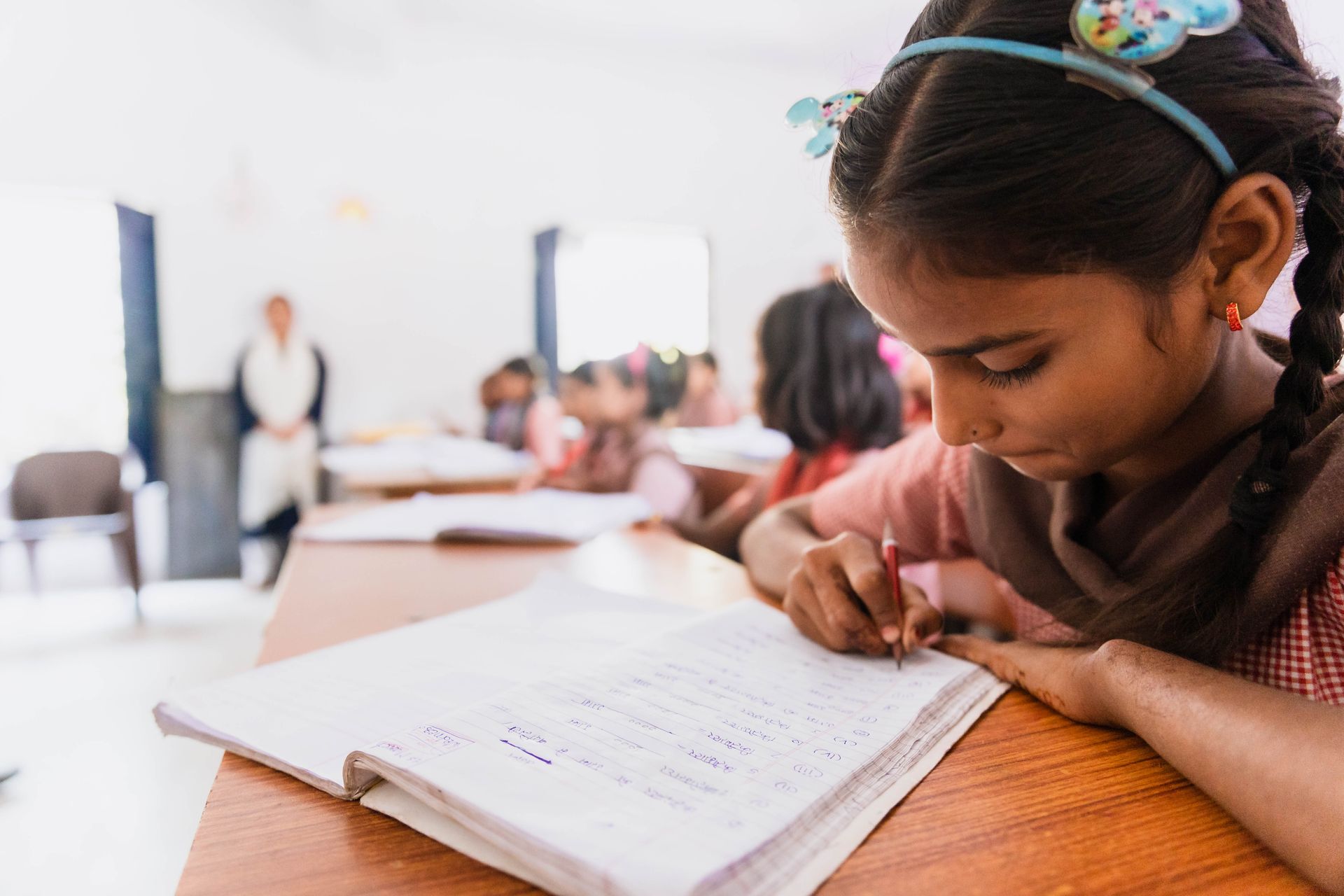
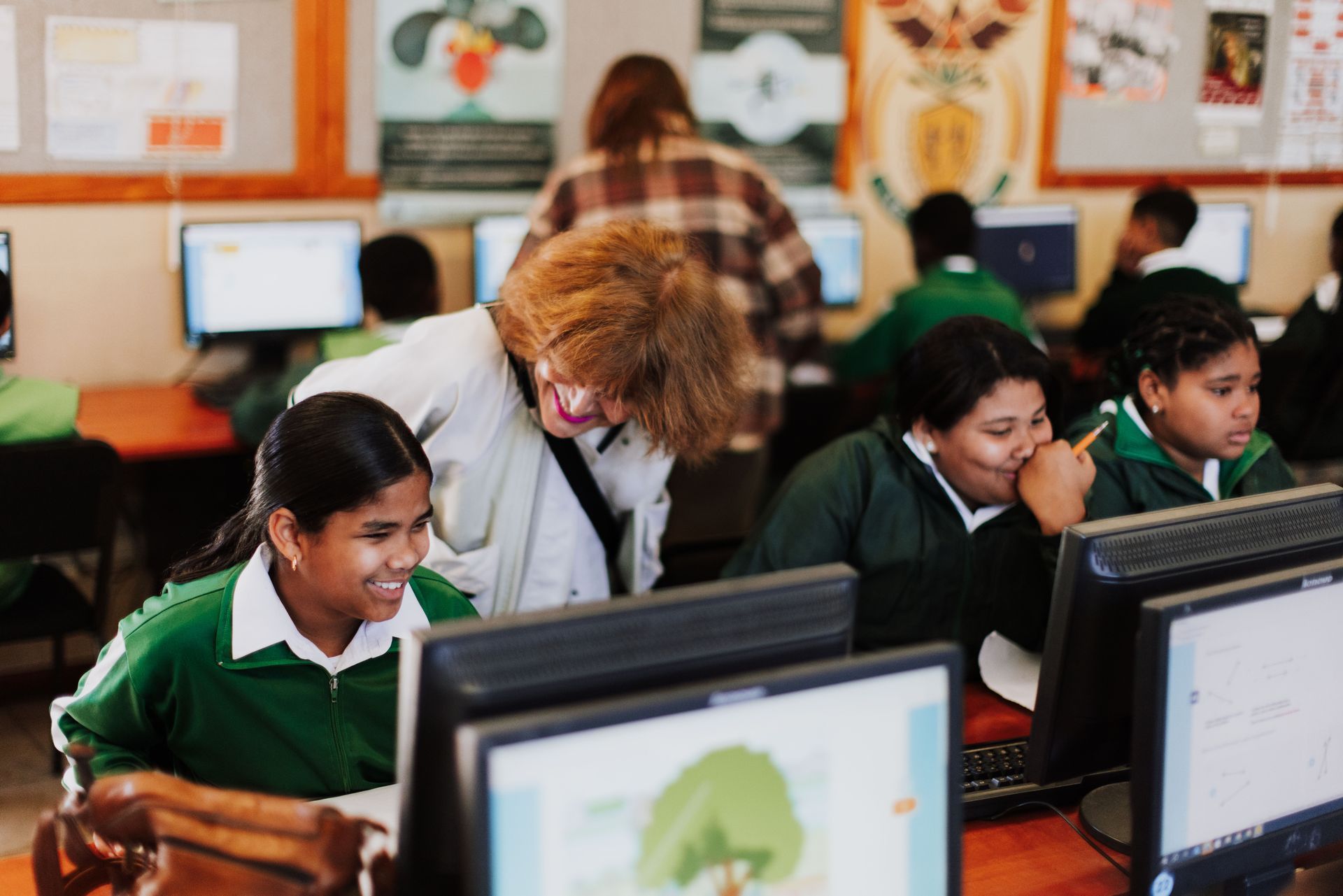
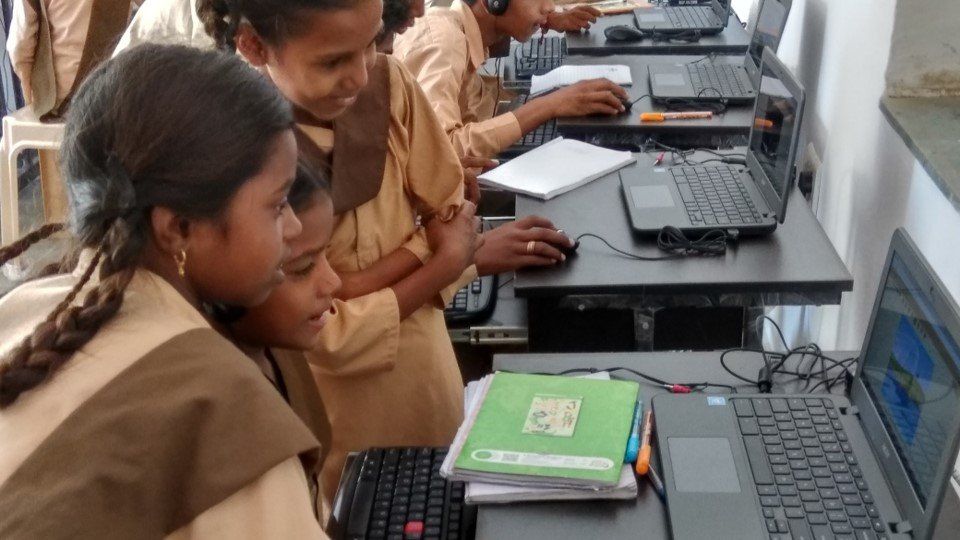
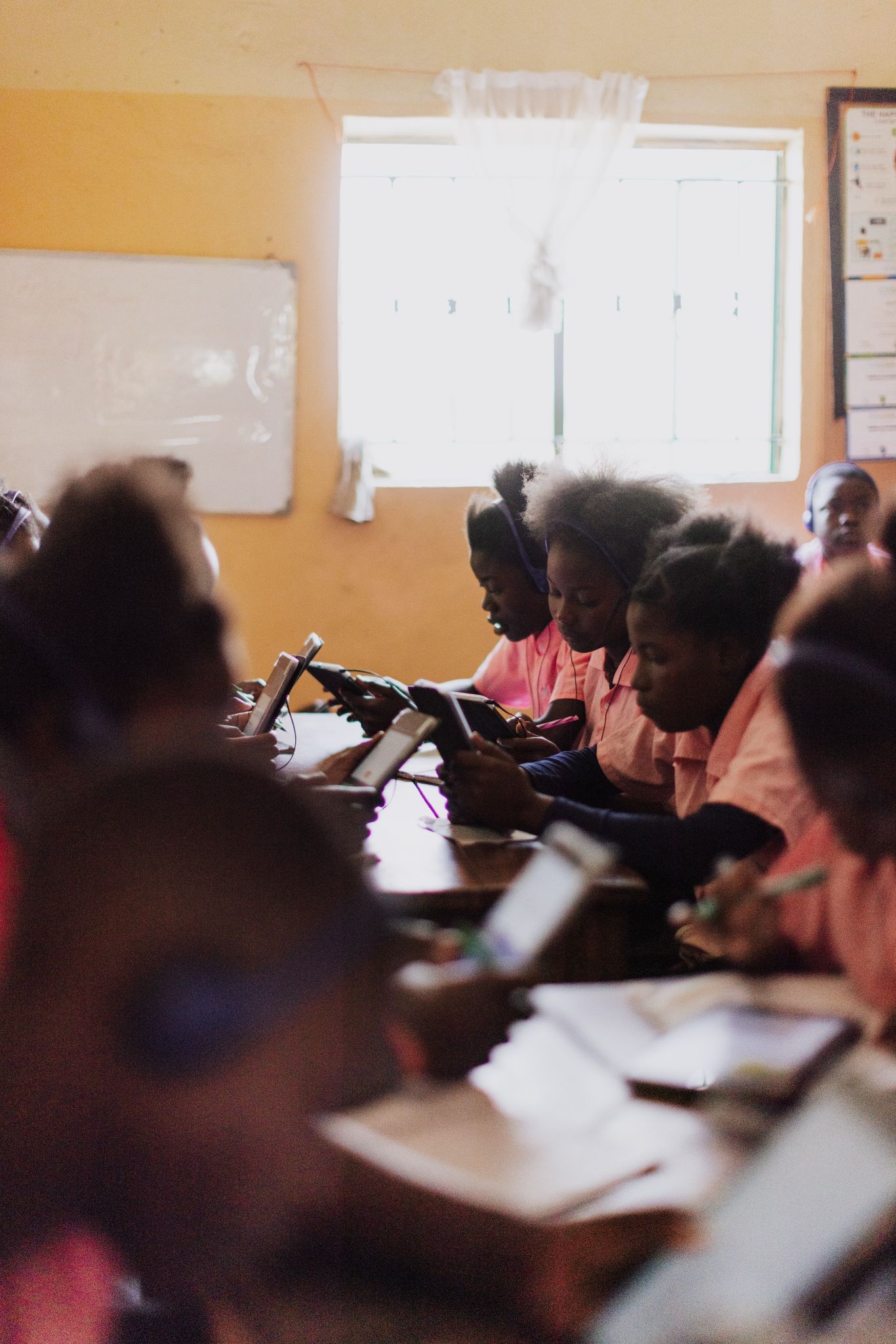
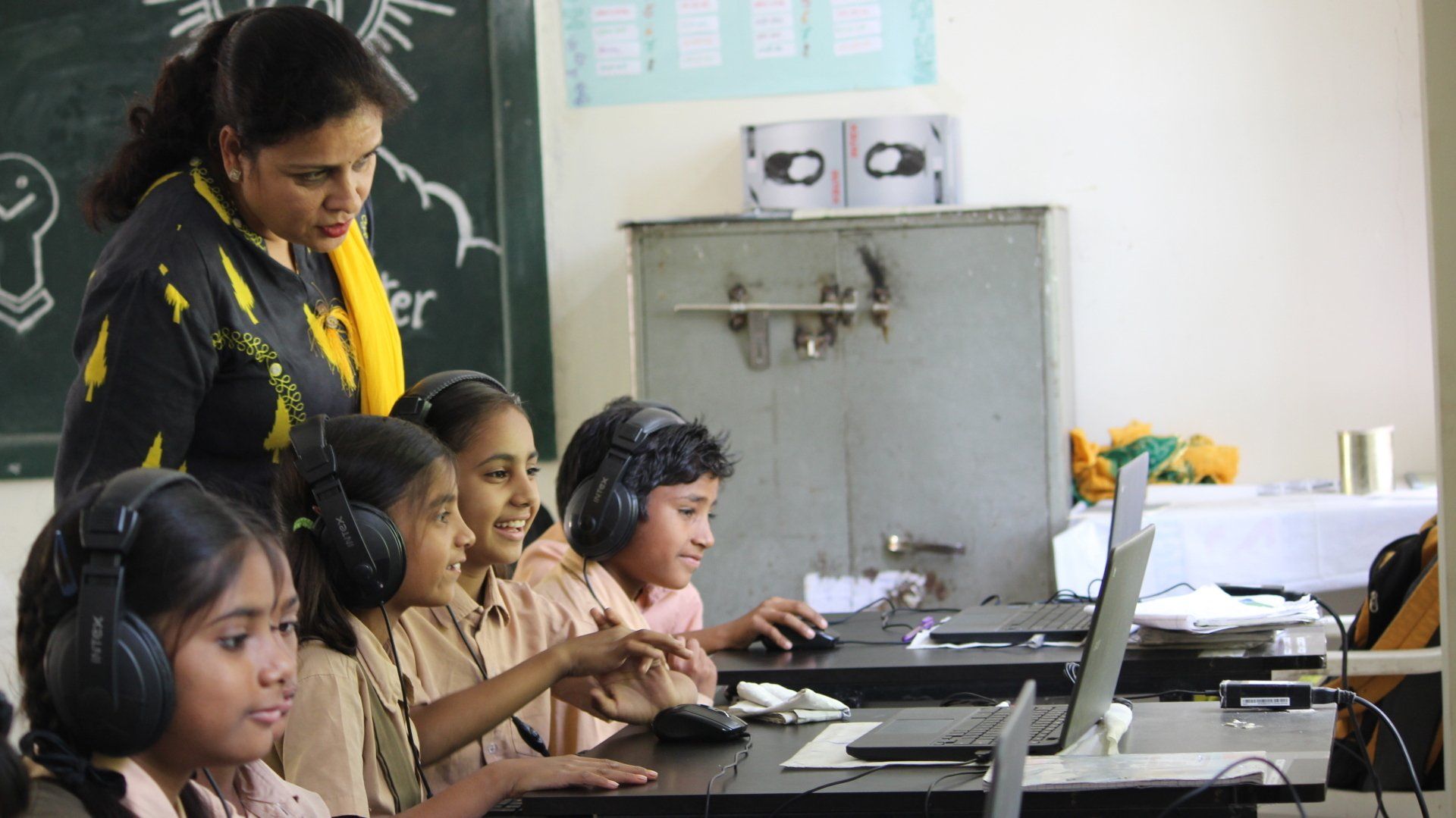
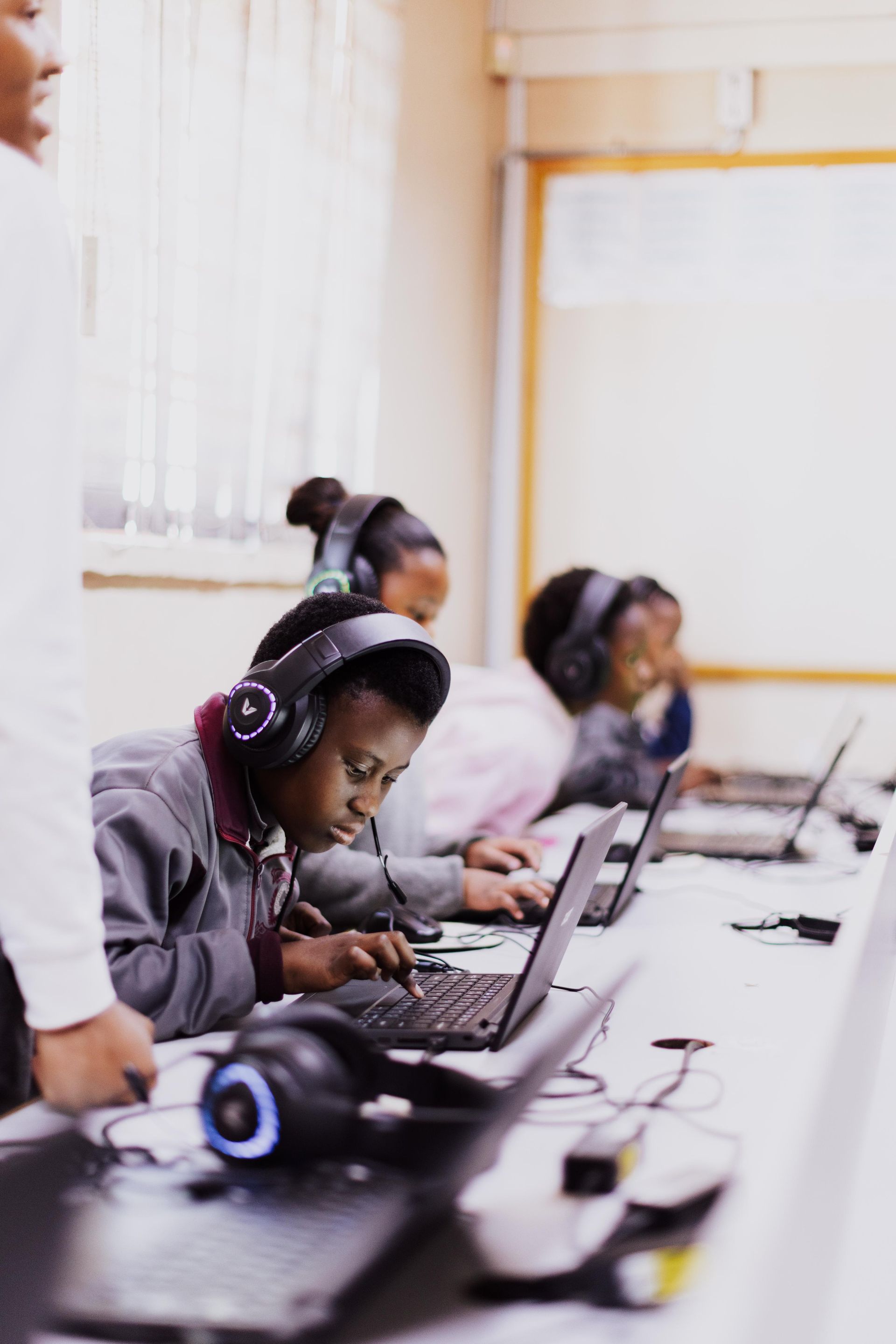
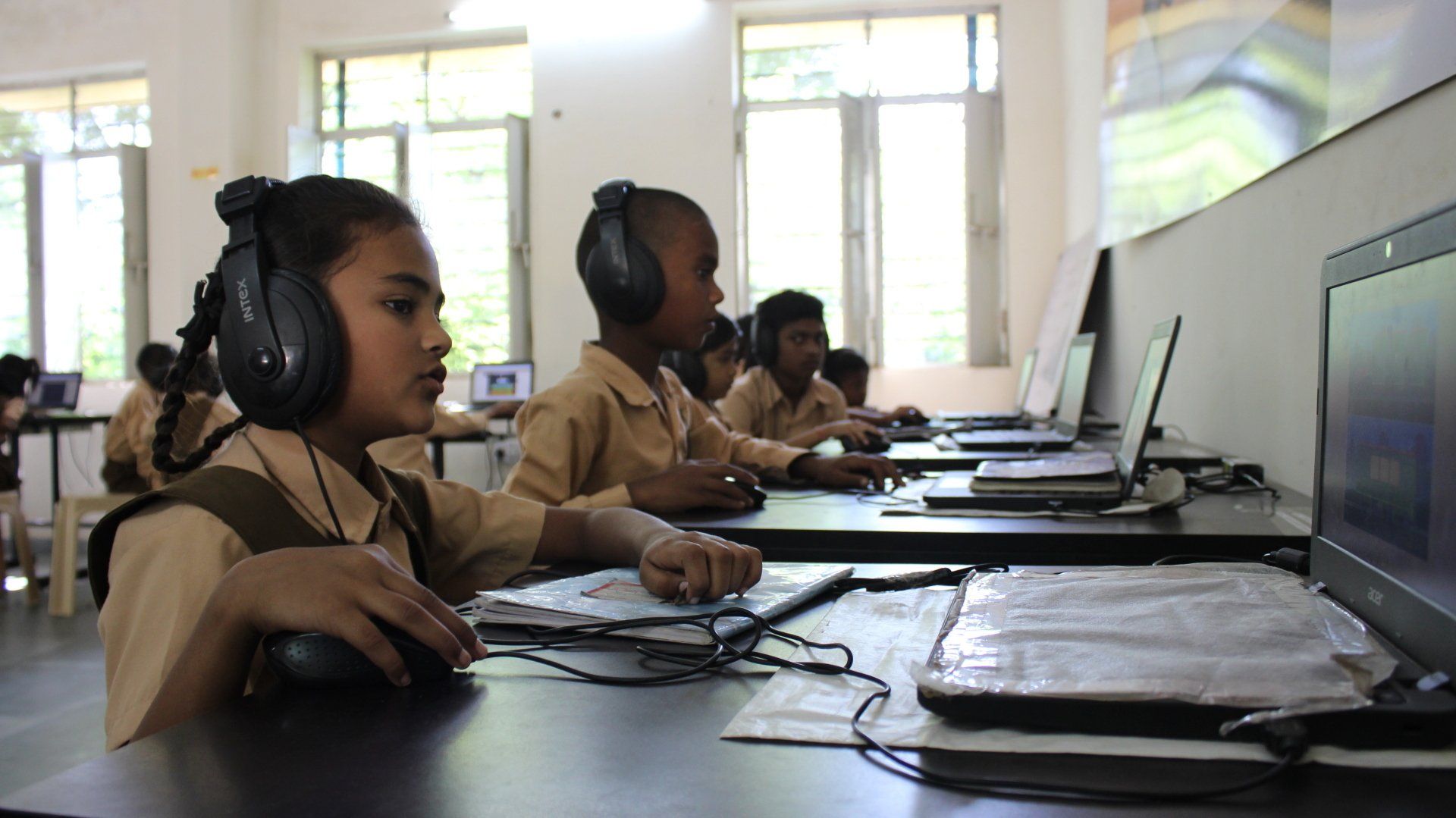
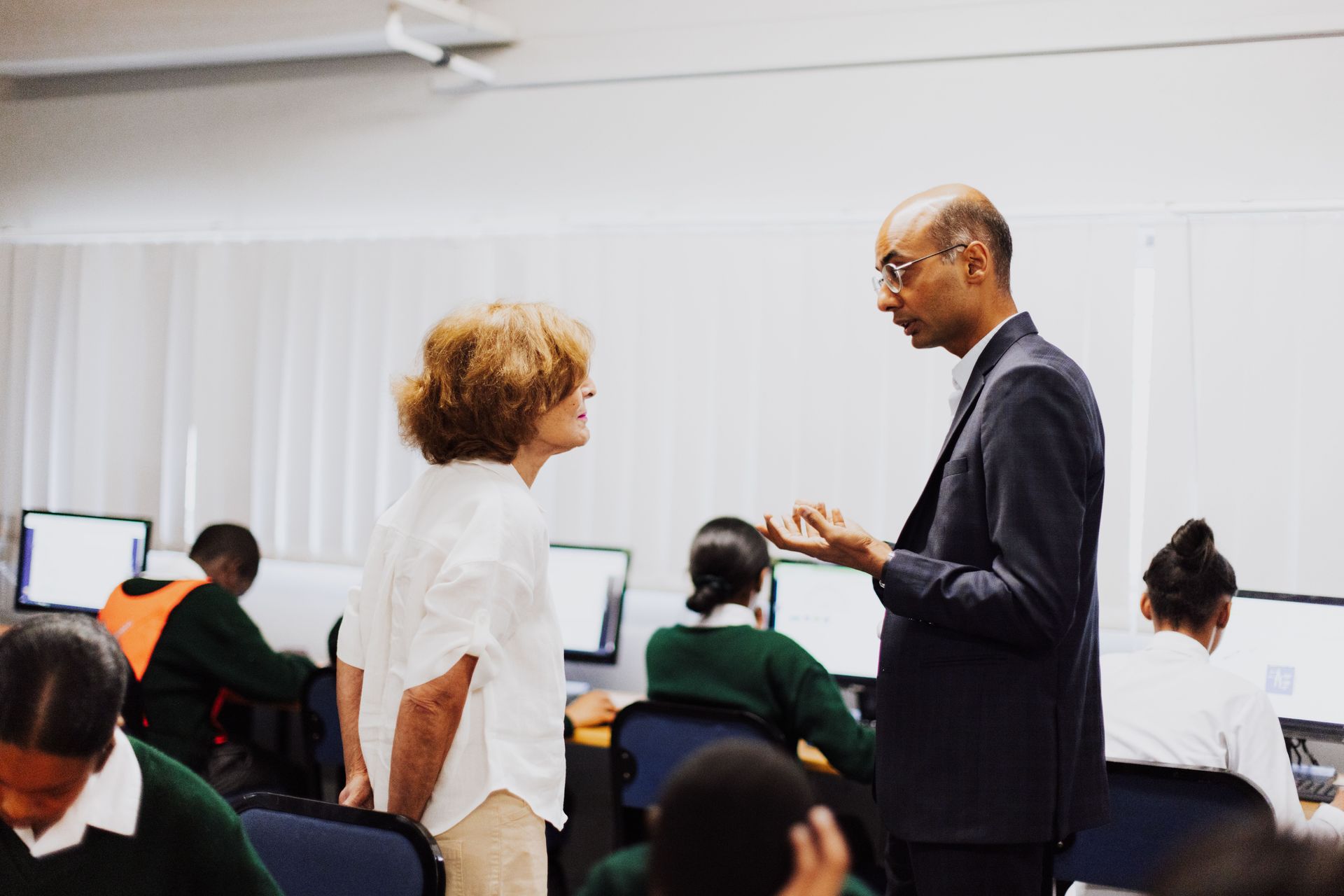
Mona Foundation aims to collaborate with likeminded organizations, institutions, corporations, and foundations to collectively level the playing field, scale our reach and impact, and improve quality of teaching and learning for more students. To this end, we partner with social entrepreneur, Paul Flowerman, the Chairman of PLT Health Solutions and Educational Initiatives to provide access to Mindspark to disadvantaged students across a growing number of countries. Together, we are working towards our shared goal of reaching 10 million children by 2030.
In the video below,
Paul Flowerman of PLT Health Solutions and
Pranav Kothari, CEO of Educational Initiatives, describe how Ei-Mindspark revolutionizes how children learn and shares
Lalita's story as one example from the field.
India
South Africa
India, $100,000
South Africa, $15,000
Zambia, $83,000
Cambodia, $6,000
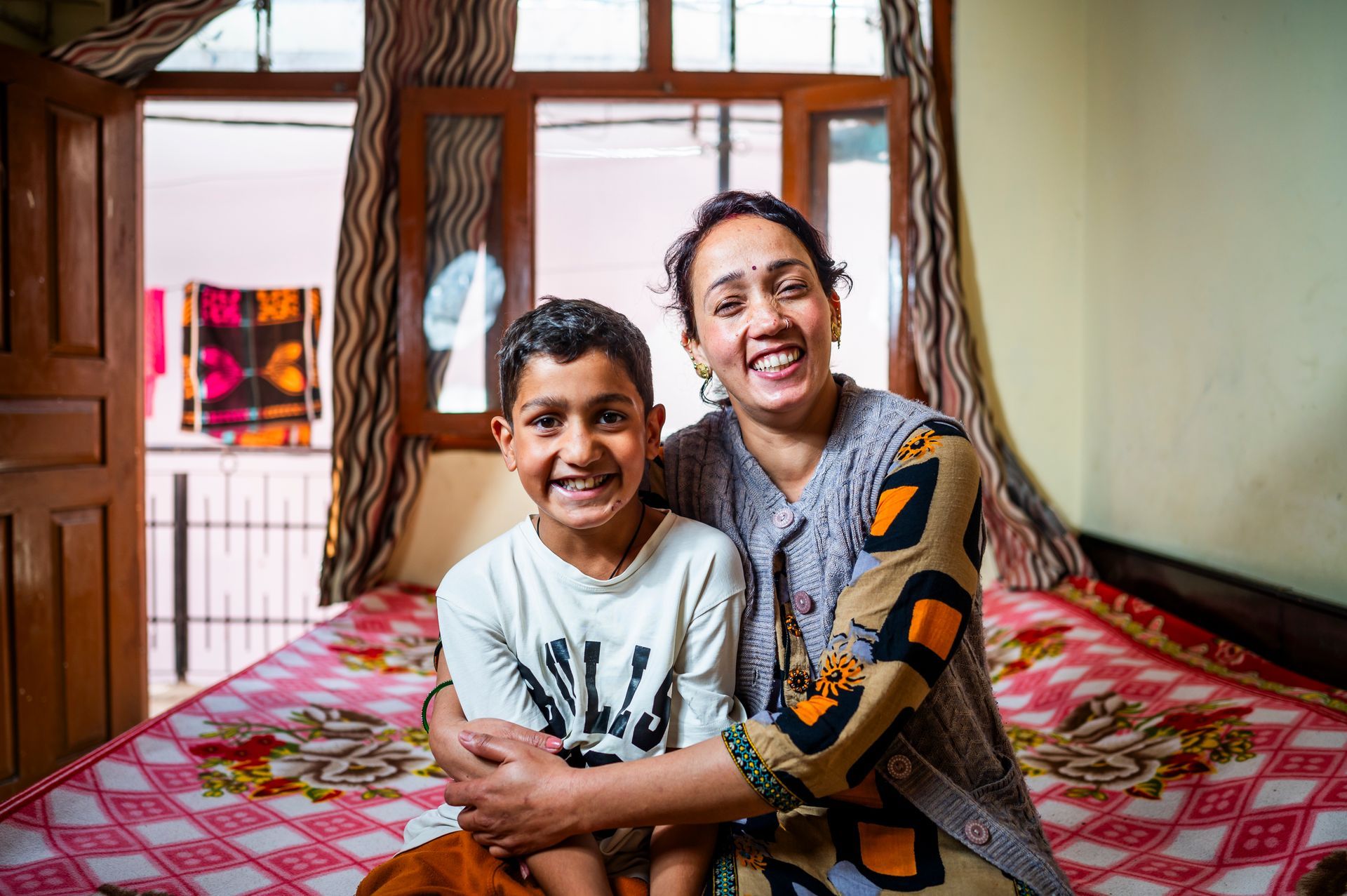
A 10-year-old student in Class 4, Mukund discovered something extraordinary in an ordinary tablet — his spark for learning.
Coming from a modest background, he had never used a digital tool before. With MindSpark, learning Hindi and Math became fun, engaging, and personal. What once felt confusing, like multiplication, now clicks. His eyes light up when he earns a Sparky — a small reward that celebrates big steps in his understanding.
For Mukund, this isn’t just about attending school; it’s about learning with understanding and discovering his own potential. His mother, who works long hours in a clothing shop, beams with pride:
“He used to need help with everything. Now, he learns on his own.”
MindSpark isn’t just supporting Mukund’s education — it’s empowering his entire family to believe that a different future is possible.
Stories like Mukund’s remind us what “AI for equity” truly means: technology in service of humanity, each and every one. Connection, compassion, and opportunity — multiplied by millions.
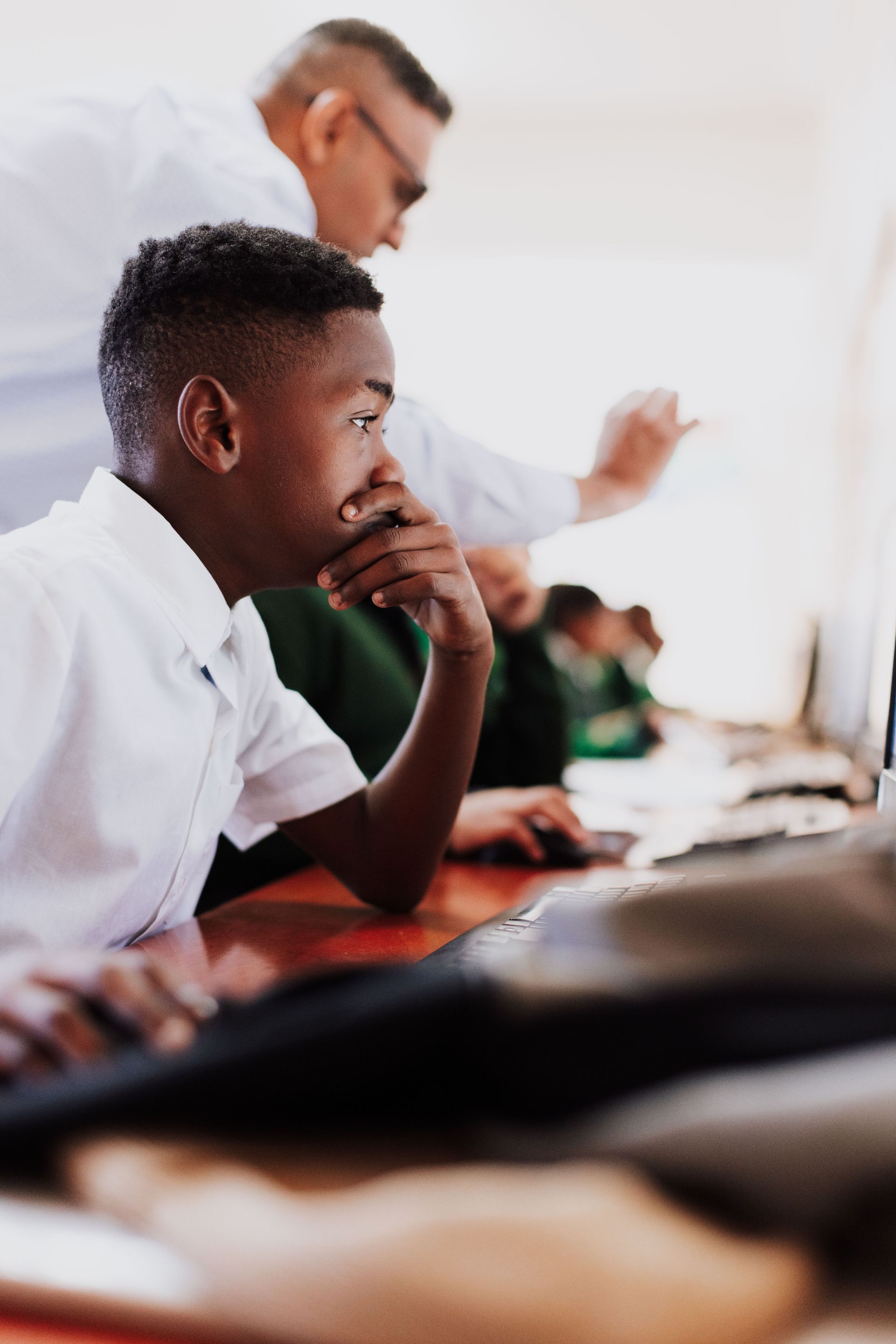
In South Africa, Matthew, age 12, once struggled to keep up in math. Through Mindspark’s in-class lessons, he began learning at his own pace—finally understanding concepts that once felt impossible. His grades rose steadily, but more importantly, his confidence did too. “My parents are especially pleased because they’ve seen how much I’ve improved,” he shared. “I want to become a lawyer one day—to help people who don’t have the same chances I do.”
And in Telangana, India, Principal Mingam Sujatha faced challenges that would have discouraged many—no internet, unreliable electricity, and a computer lab in disrepair. Yet she refused to give up. Working late nights to set up the school’s new Mindspark lab, she watched attendance soar and engagement climb above 80%. “When you believe in the cause, solutions will follow,” she reflected. “Mindspark has given our students the tools to learn at their own pace—and that’s invaluable.”
These stories remind us that when technology is part of a holistic approach to education, it doesn’t replace teachers—it supports and strengthens them. It doesn’t isolate learners—it connects them. And it ensures that every child, in every classroom, can discover the joy of understanding.
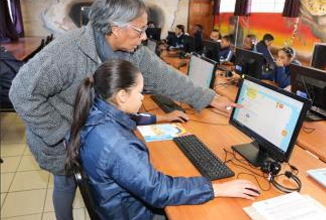
"I am Chloe , a learner at Hillside Primary School. I am in Grade 6 and 11 years old. We are five people in our house.
We started the Mindspark program in February 2025. The Mindspark program has helped me to understand some Math’s concepts better and helped me a lot with revision for the June exam. I got full marks for my exam. My parents are very proud. They told my whole family, now my cousins want their children also to do Mindspark.
My dream is to become a mathematician, my goals is to do well in primary and high school and to attend university. I don’t know of anyone in my family that has graduated from university, or anyone who has their own business. I want to be the first in my family to graduate.
I log on at home and showed my parents the Mindspark program, my mommy loved it and now nags me to log on all the time. I spend lots of time at home on the program.
I would love every primary school child to be able to experience Mindspark .
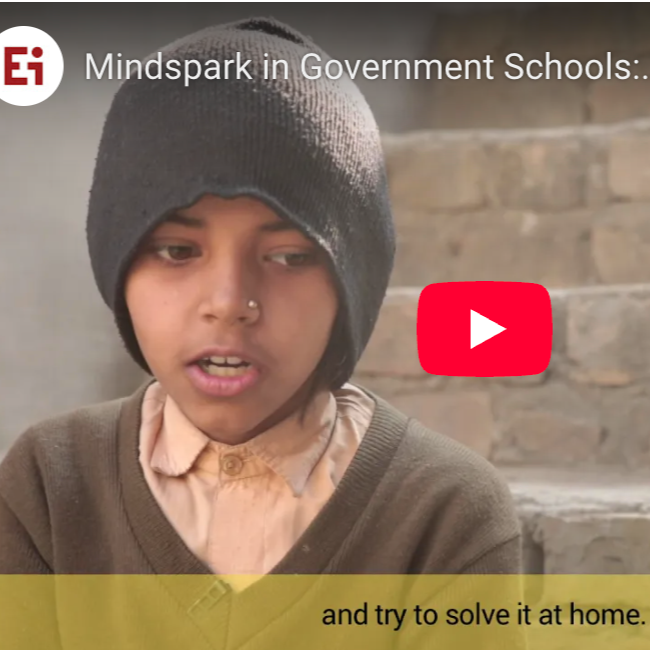
Lakshika is in Grade 3 but her learning levels were much lower. She often failed to understand classroom instruction, and was falling behind.
When a Mindspark lab was set up in her school, Lakshika used it regularly and gained greater conceptual understanding of her lessons. In time, she went beyond her third-grade level and her teachers noticed improvements in her classroom performance. Now Lakshika is among the top students in her class.
Thank you for subscribing. Check your inbox for the latest news and inspiring stories
14150 NE 20th St. F1-527 Bellevue, WA 98007, (425) 743-4550, info@monafoundation.org.
Privacy Policy | Copyright © 2024 Mona Foundation ©. All rights reserved